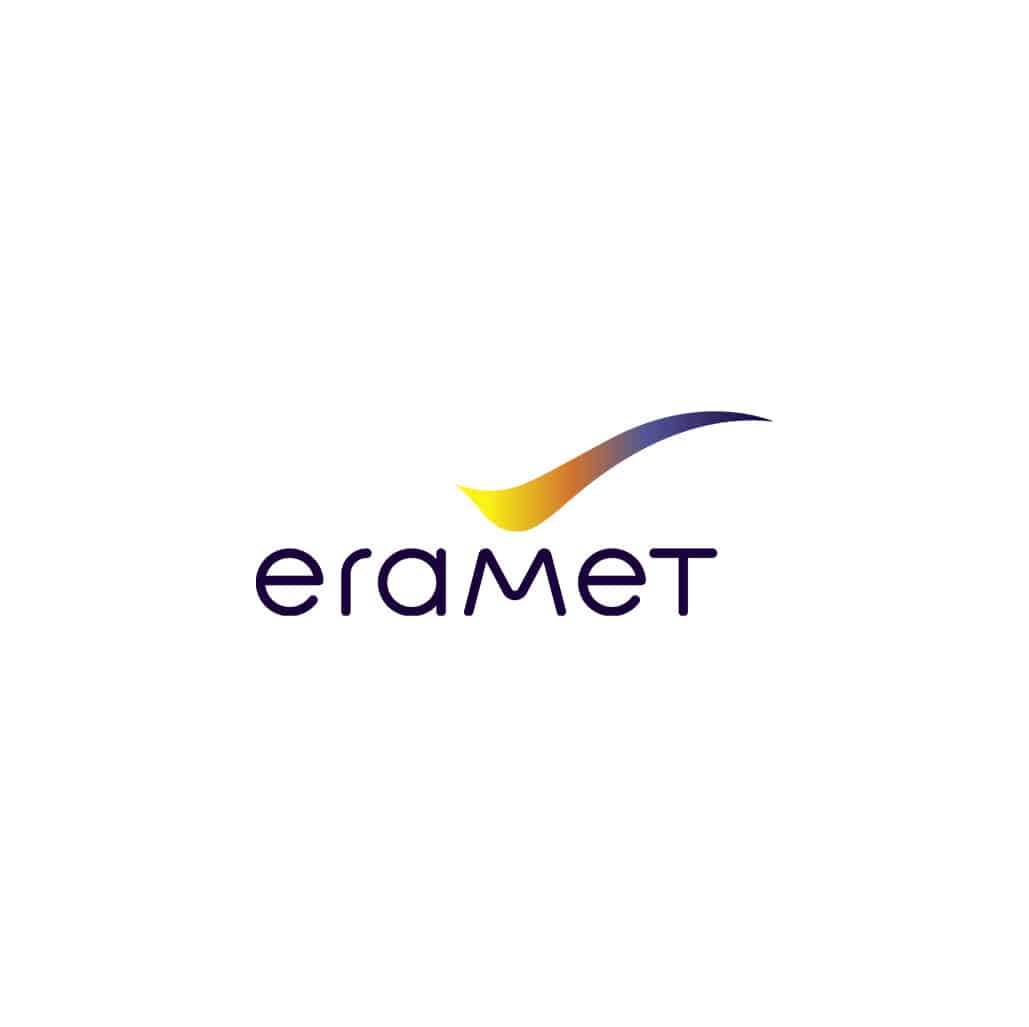Recover between 2019 and 2023, 10,000 additional tons of waste

Terms of the action or commitment
x
Levers mobilized for circular economy (according to Ademe)
Implementation timeline
Starting year
2019
Ending year
2023
Main actors mobilized
Internal actors
x
External actors
x
Geographic area
x
Photo / Video
2022 follow-up of the action
Date of follow-up
23/06/2022
Methods of validation of the follow-up
Internal validation by the "Circular Economy" working group, made up of experts, to validate actions and projects that contribute to the Circular Economy objectives of Eramet's CSR Roadmap
Status of the action
In progress
Completed
a) Results
Achieved
Partially achieved
Not achieved
b) Numerical / Qualitative information
Cancelled
Explanations
Comparison with the projected pace in the last publications
Keeping up with the times
In advance
Delayed
Partial / Final results
8 projects aimed at improving the recovery of industrial waste have been validated by the internal Circular Economy working group and are underway. These various actions have made it possible to recover 127 Kt of waste by the end of 2021, which is already much more than the objective initially set for 2023 (compared with 1.7 Kt recorded at the end of 2019). Examples include the development of new commercial outlets for slag from the SLN metallurgical plant (New Caledonia) through a product called SLAND, which can be used to replace natural sand, and the production of briquettes from filtered dust generated by Comilog Dunkirk’s furnaces, enabling them to be reused in the production process instead of being dumped.
Company's comments
In the Eramet Group’s metallurgical plants, the contribution to the circular economy involves maximising recycled flows, incorporating the highest possible proportion of secondary raw materials in inputs, or recovering as much as possible of the waste generated by operations internally or externally. The plants of the Group’s High Performance Alloys Division already have an incorporation rate of over 85% of secondary raw materials for the steel mills, and an overall recovery rate for the waste generated that exceeds 90%. Through the objective set out in the Group’s CSR roadmap, Eramet wants to make further progress in this area. The aim is to promote the development of actions that will enable material flows that were not previously recovered to be recovered. The recovery flows already in place at the end of 2018 are therefore not taken into account here; the aim is to create new recovery flows. The recovery sought is above all material recovery, through reuse, internal recycling or external material recovery. The recovery of historical stocks of waste stored on site is part of the eligible actions.


